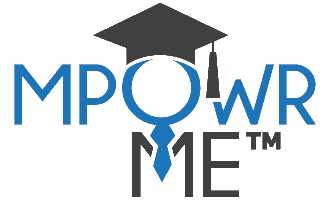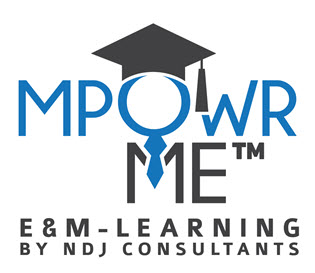
R800.00
Sign In Sign in to register for this training programme
Learning Outcomes
| This programme is designed to assist learners in resolving ethical issues faced in Supply Chain and assist in implementing a culture that support professional behaviour. |
| An ethical SC will consider economic, environment and social responsibility factors, including: Anti-bribery and corruption; Ethical sourcing and procurement; Environmental awareness and sustainability |
| Benefits of an ethical SC includes: Improved ESG Impact (Environment; Social; Governance); Better reputation and customer loyalty; Higher efficiency and profits; Improved risk mitigation and control |
Description
The Supply Chain is the point at which an organisation’s ethical stances are put to the test in the real world. In other words, the supply chain is where ‘the rubber meets the road’ when it comes to operating in ways that meet fundamental responsibilities in areas such as human rights, labour and the environment.
Outline
| 1. Introduction | |
| What are Business Ethics? | |
| Understanding Business Ethics in Three Parts | |
| Why is Professional Ethics in Business so Important? | |
| Recognising Unethical Behaviour | |
| Ethical Principles | |
| 2. Ethical Decision-Making | |
| Principles of Ethical Decision-Making | |
| Integrating Ethical Guidelines in Decision-Making | |
| 3. The Ethical Supply Chain | |
| What is the ‘Ethical Supply Chain’ | |
| The Importance of Supply Chain Ethics and Compliance | |
| Emerging Ethical Issues in Supply Chain Management | |
| Ways to Build an Ethical and Sustainable Supply Chain | |
| Principles and Standard of Ethical Supply Chain Management | |
| Strategies to Minimise Supply Chain Risk | |
| Developing Skills to Build Vendor Relationships | |
| 4. Whistle-Blowing | |
| Whistle-Blowing Criteria and Risks | |
| The Whistle-Blowing Process | |
MPowrMe ™


